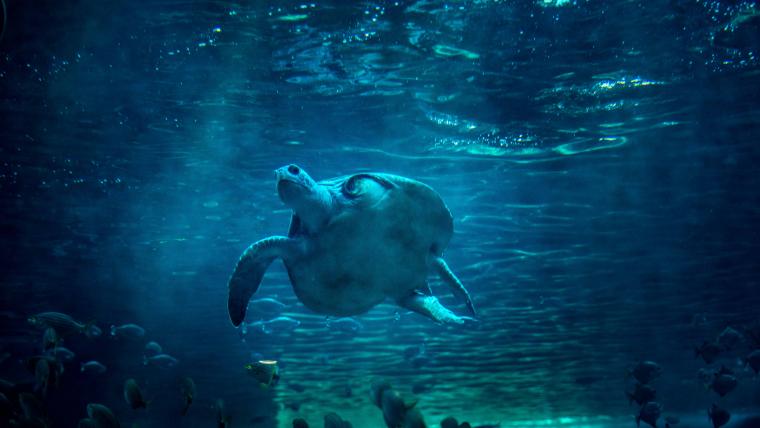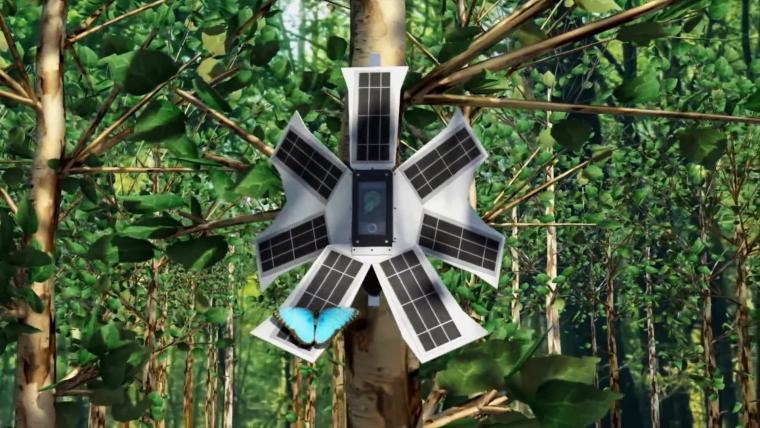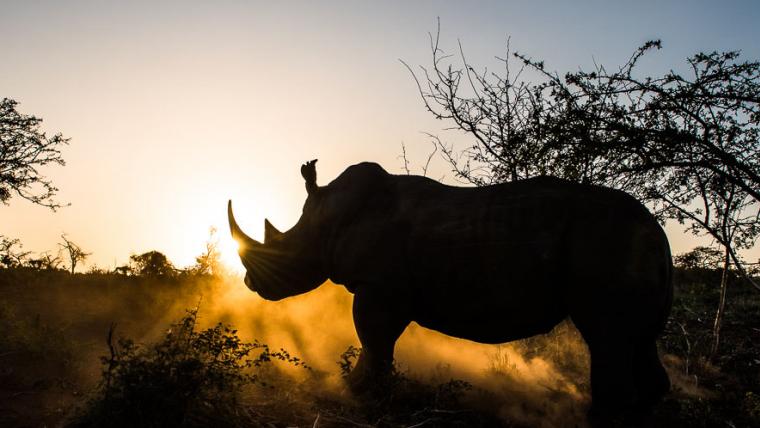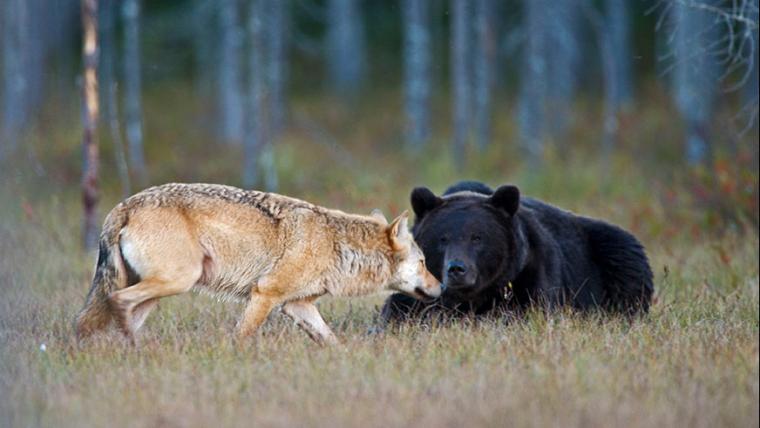
What the world’s last gorillas can teach us about humanity
When Nelis Wolmarans photographs wildlife, he captures souls. For him, photography is about showing how alike animals and humans are. And our similarities go much deeper than we may think. Wolmarans has spent years taking intimate photographs of the mountain gorilla. But the great ape is in serious peril. Their population has undergone a dramatic decline over decades, and their numbers currently stand at about 880. Humans too are in danger – 175 rangers at Virunga National Park have lost their lives defending the gorillas. Wolmarans is trying to save both humans and animals.
Born in South Africa and brought up in the Great Karoo, Wolmarans’ love of animals was cemented at a young age. While he has photographed a wide range of wildlife, he formed a deep connection with mountain gorillas in central Africa, and even knows some individually. “You can see the emotion in their eyes,” Wolmarans says. “You can see there’s someone home.” But the mountain gorilla is one of the world’s most endangered species. Habitat loss, human disease, and war have contributed to the dire situation. In 1989, there were only 620 gorillas. While conservation efforts have helped increase their population, Wolmarans knows they still need our help. With his special eye for the animal he has led over 45 photographic treks, sharing his extensive knowledge to encourage the gorillas’ safety.
“They seem very intimidating, but just sitting down and looking at them, you get the sense of calm,” Wolmarans says. “They’re rightfully called the gentle giants of the Virunga.” Much of the mountain gorilla population is concentrated in Virunga, Africa’s first national park. Wolmarans is committed to protecting them. His photos can be seen in the book Remembering Great Apes, the profits for which will go towards conservation efforts. With dedication and compassion, we can save one of our closest relatives, and their protectors.
To help game rangers in Africa, donate at http://www.satib.co.za/rangerprotect/






























Please sign in to leave a comment